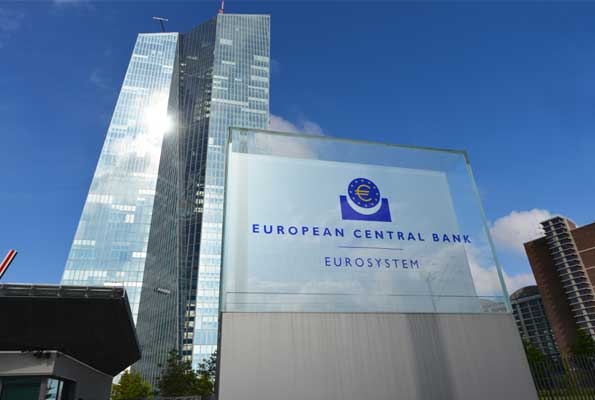Most developed and emerging market central banks continued to raise interest rates at a healthy clip in March, albeit the magnitude of the increases slowed slightly as the turmoil in the banking industry dimmed the outlook for global growth.
Over the course of eight meetings in March, the central banks in charge of the ten most popular currencies raised interest rates six times. Together with the U.S. Federal Reserve and the European Central Bank, decision-makers in Australia, Switzerland, Norway, and Britain increased key lending rates by a combined 200 basis points (bps). Canadian and Japanese policymakers left the benchmarks alone.
This comes after the G10 central banks had six meetings in February and raised interest rates by a total of 250 basis points.
Markets and policymakers experienced a roller coaster in March, with rising expectations that the U.S. Federal Reserve’s rate could peak at 6%, before the collapse of several U.S. banks and the Credit Suisse crisis shook the world’s financial markets, prompted questions about the stability of the financial system, and dimmed growth prospects.
In a note to clients, Wei Li, global chief investment strategist at the BlackRock Investment Institute, wrote, “The Fed and other central banks made clear banking troubles would not stop them from further tightening. By clearly separating financial and price stability goals and tools, major central banks carried on with rate hikes through the tumult.”
The top central banks in the world are publicly debating halting rate increases sooner rather than later, in part due to the current market upheaval.
On the other hand, analysts warned that the sharp jump in oil prices recently as a result of a surprise OPEC output cut may lead to new inflationary pressures.
The rate hike push slowed down more noticeably in emerging markets. In the Reuters sample of emerging economies, 14 of the 18 central banks met to discuss rate changes, but only five increased rates by a total of 150 basis points (bps): Mexico, Thailand, the Philippines, Colombia, and South Africa, which surprised observers by raising rates by 50 bps. The other nine maintained their rates.
When 13 emerging central banks met in February, only four raised interest rates by a combined 175 basis points.
Alessia Berardi, senior economist at the Amundi Institute, said, “We are almost at the end of the hiking cycle.”



